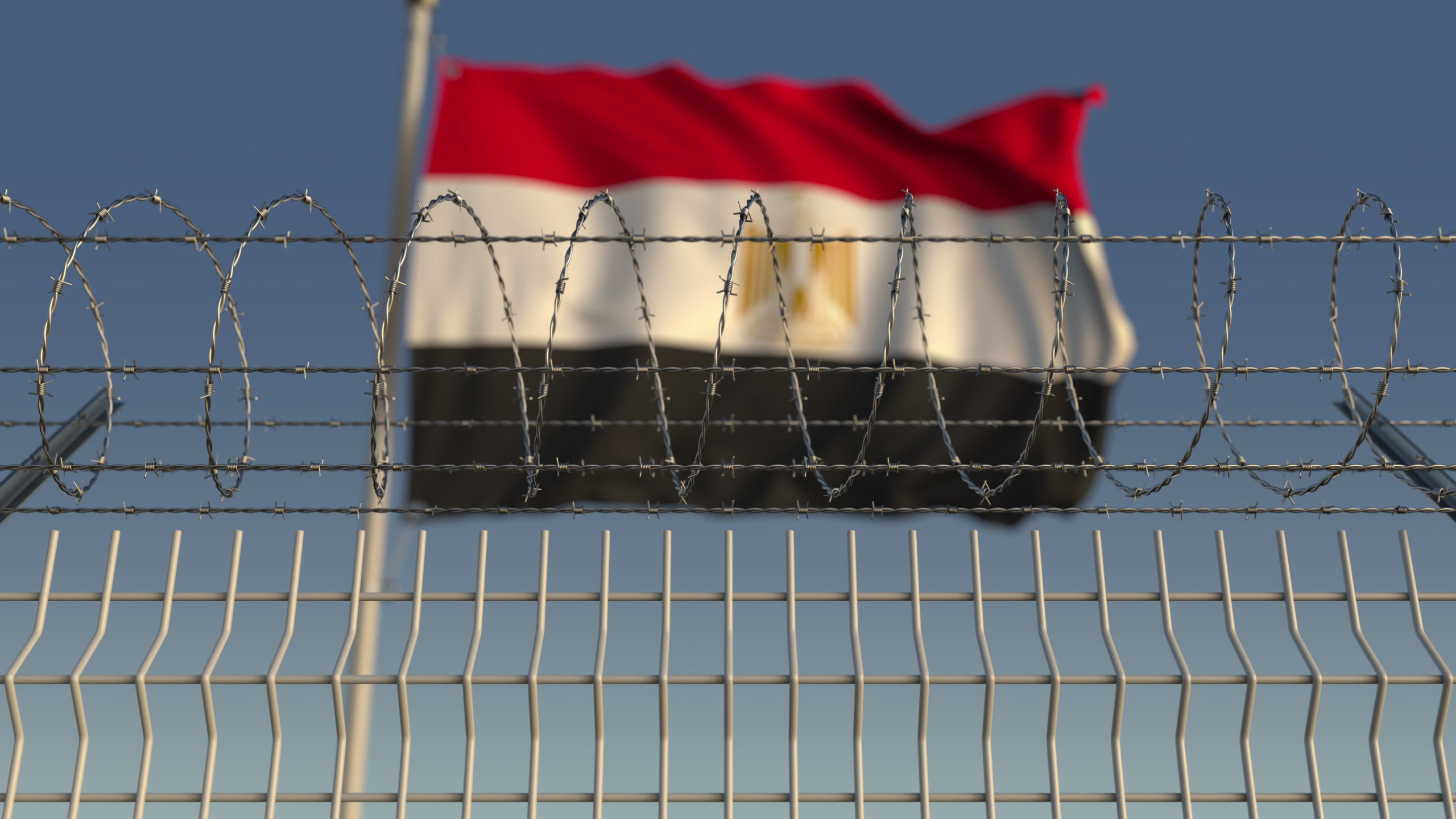Egyptian authorities must repeal the newly enacted Law 71, which criminalizes media coverage and other reporting on criminal trials, in a flagrant violation of the right to a public trial and the right to freedom of expression, the ICJ said today.
هذا البيان الصحفي متاح باللغة العربية أيضاً
On 13 June 2021, the Egyptian parliament passed Law 71 amending the penal code through the inclusion of an article that criminalizes, among other things, taking notes, publishing, broadcasting or publicizing by any other means the proceedings of a criminal trial, without the prior authorization of the court, following consultation with the public prosecution.
The law imposes a fine of 100.000 to 300.000 Egyptian pounds (around 6,383 to 19,149 US Dollars) and the confiscation and destruction of the devices used to commit the “crime.”
“Trials under President Al-Sisi’s rule are notoriously unfair, and now his government is making sure that no one can report on or learn about them,” said Said Benarbia, ICJ’s Middle East and North Africa Director. “By signing Law 71 into law, President Al-Sisi is admitting that his courts can’t withstand public scrutiny.”
Under international human rights law and standards, trial hearings and judgments in criminal cases must be public except in prescribed and narrowly defined circumstances, such as cases involving children.
Under international human rights law and Egypt’s constitution, the right to a public trial in criminal cases does not concern merely the parties in the case, but it extends to the general public, trial observers and the media, who have the right to be present. Restricting the right to a public hearing in criminal cases, as Law 71 does, violates Egypt’s obligations under the country’s constitution and international human rights law.
Violating the right to a public hearing undermines the public’s right to monitor and ensure the fair administration of criminal justice, as well as the independence and impartiality of the judiciary and, in turn, the separation of powers.
Moreover, Law 71 violates the right to freedom of expression, which under international human rights law includes the freedom to seek, receive and impart information and ideas of all kinds, either orally, in writing or in print, through any media of choice.
The ICJ has extensively documented how the Egyptian judicial system has become a tool of repression, where the Office of the Public Prosecutor and the courts have been used to suppress dissent, crackdown on the exercise of the right to freedom of expression, silence lawyers and human rights defenders, crush independent civil society and to shield officials responsible for serious human rights violations from accountability.
“Law 71, which aims at intimidating and silencing witnesses of violations of fair trial rights and other human rights, must be immediately repealed,” added Benarbia. “The right to a fair and public hearing for all, which is protected under Egypt’s constitution and international law, must be guaranteed.”
Contact:
Said Benarbia, Director, ICJ Middle East and North Africa Programme, t: +41-22-979-3817; e: said.benarbia(a)icj.org
Asser Khattab, Research and Communications’ Officer, ICJ Middle East and North Africa Programme, e: asser.khattab(a)icj.org




